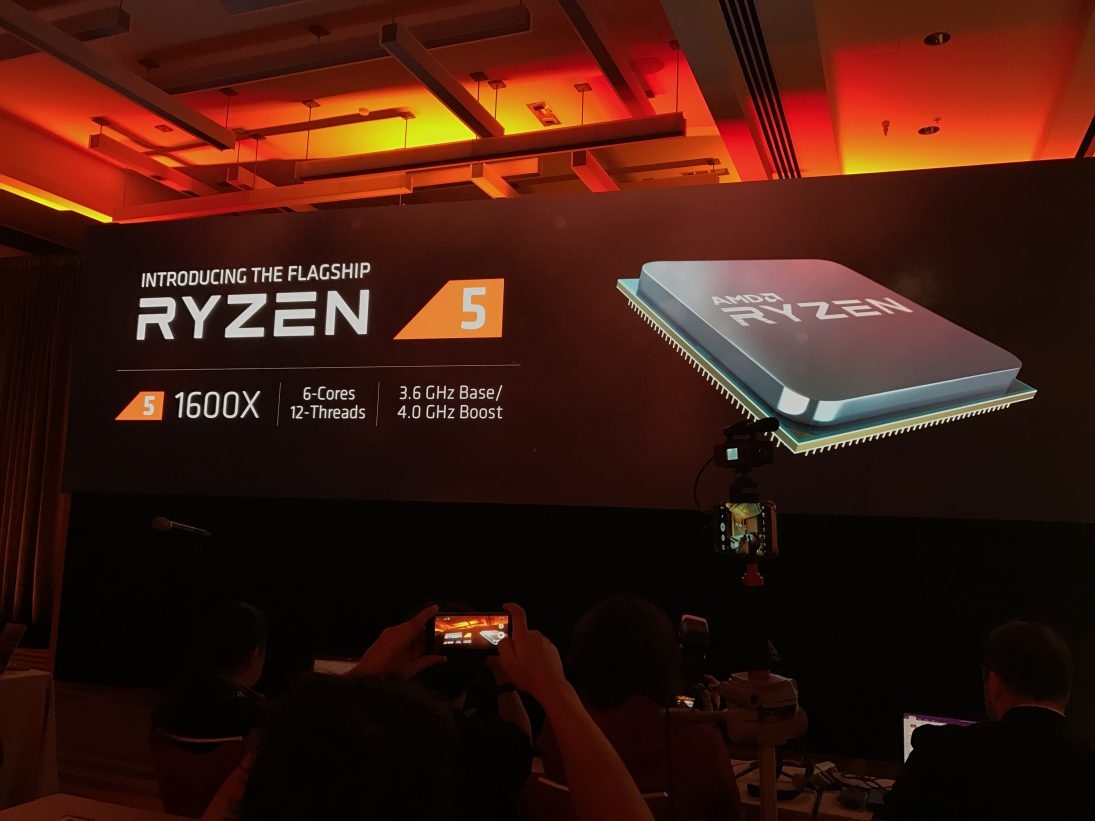mistersprinkles
Active Member
I'm more curious if the 1700X has identical performance, its TDP is 95w. That's the one I'm currently eyeing, idk if I want to go all out on the 1800X.
I want to see how the TDP difference relates to IPC between the 1700 and the 1700x given identical over clocks.

